Trump wants to extend federal control over Washington police
Trump has previously threatened to expand his efforts to other Democratic-run cities such as Chicago that he claims have failed to address crime.
.JPG) FILE PHOTO: U.S. President Donald Trump delivers remarks on artificial intelligence at the "Winning the AI Race" Summit in Washington D.C., U.S., July 23, 2025. / REUTERS/Kent Nishimura/File Photo
FILE PHOTO: U.S. President Donald Trump delivers remarks on artificial intelligence at the "Winning the AI Race" Summit in Washington D.C., U.S., July 23, 2025. / REUTERS/Kent Nishimura/File Photo
U.S. President Donald Trump said on Aug. 13 he would ask congressional Republicans to extend federal control of Washington's city police force beyond 30 days, escalating his campaign to exert presidential power over the nation's capital.
Trump also asserted that any congressional action could serve as a model for other U.S. cities. He has previously threatened to expand his efforts to other Democratic-run cities such as Chicago that he claims have failed to address crime.
Also Read: Two-thirds of the DOJ unit defending Trump policies in court have quit
It was not clear how Trump's takeover of Washington's Metropolitan Police Department could be replicated elsewhere. In seizing control on Aug. 11, Trump took advantage of a federal law, the District of Columbia Home Rule Act, that permits the president to do so under emergency circumstances for up to 30 days.
Trump also announced on Aug. 11 that he was deploying 800 National Guard troops to the city, a tactic he employed in Los Angeles in June when he mobilized thousands of Guard soldiers and hundreds of U.S. Marines in response to protests over his administration's immigration raids.
Separately, hundreds of federal officers and agents from more than a dozen agencies have fanned out across Washington in recent days.
Trump's extraordinary moves in Washington are reflective of how he has approached his second term in office, shattering political norms and legal concerns to test the limits of his office's power.
GUARD PRESENCE EXPECTED TO GROW
The Republican president has claimed the U.S. capital is gripped by a wave of violent crime and pervasive homelessness, despite both federal and city crime statistics showing that violent crime has declined precipitously since a spike in 2023.
The office of Washington Mayor Muriel Bowser, a Democrat, declined to respond on Trump's latest comments. Bowser has sought to strike a diplomatic tone, even as she has cited statistics showing the city's violent crime rate hit a 30-year low last year.
More than 1,450 law enforcement personnel were on patrol in Washington on Aug. 12 night, a White House official said, including 30 National Guard troops and 750 city police officers assigned to the "anti-crime" operation. The official said the White House expects a "significantly higher" presence of Guard soldiers on Wednesday night.
The effort has resulted in 103 arrests since Aug. 7, which includes 43 on Aug. 12, the official said. The charges include one homicide charge, 33 firearms charges and 23 immigration charges, the official said, and have led to 24 seized firearms.
During the same period in 2024, the Metropolitan Police Department arrested 364 people in total, police data shows, including traffic and liquor law violations as well as murder, prostitution, carjacking, assault, theft, burglary and robbery.
The MPD data shows that police made 20,386 adult arrests in 2024, an average of 56 arrests a day.
As of Aug. 12, city officials said they were still in command of the department and had received no new orders from the administration, the Washington Post reported.
The Metropolitan Police Department on Wednesday referred all questions about arrests involving federal agents to the White House.
TRUMP THREATENS TO DECLARE EMERGENCY
Asked for comment on Trump's call for congressional action, House Speaker Mike Johnson's office pointed to his social media response to the president's action on Aug. 11: "President Trump is RIGHT. We can't allow crime to destroy our Nation's Capital."
However, any legislation to extend Trump's control over the police department would likely fail in the Senate, where Democrats can use procedural rules to block most bills.
Trump told reporters on Aug. 13 that if Congress fails to act, he can declare a "national emergency" to extend the 30-day limit, though legal experts expressed skepticism about that claim.
"There's nothing about the president extending past 30 days unilaterally," Claire Finkelstein, a University of Pennsylvania law professor, said of the Home Rule Act. "If the 30 days are up, that's that."
The president has used emergency declarations to justify numerous unprecedented executive actions, including historically high tariffs on foreign imports and his wide-ranging immigration crackdown. Many have drawn lawsuits challenging his authority.
In both Washington and Los Angeles, Trump bypassed or ignored objections from elected local leaders. A federal trial on whether Trump violated the law in Los Angeles by calling up the National Guard over the objections of Democratic Governor Gavin Newsom is underway in San Francisco.
ADVERTISEMENT
ADVERTISEMENT
E Paper
Video




 Reuters
Reuters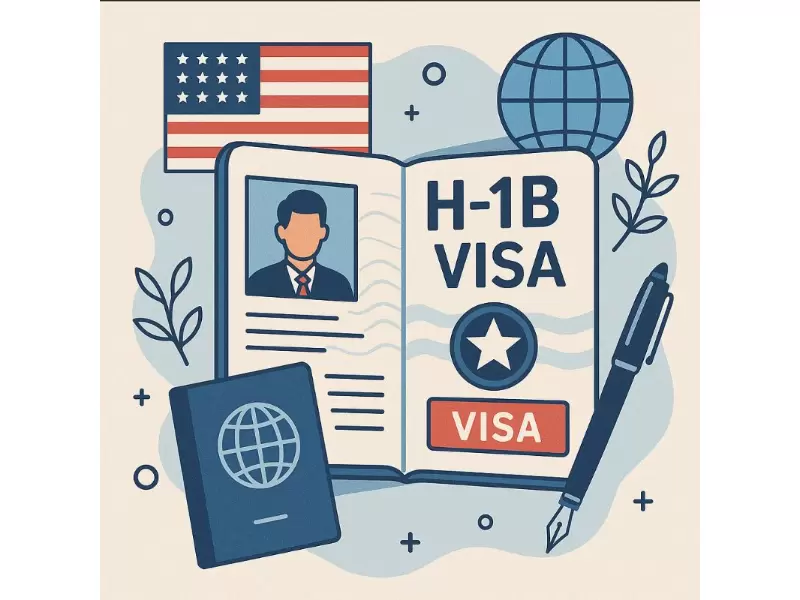
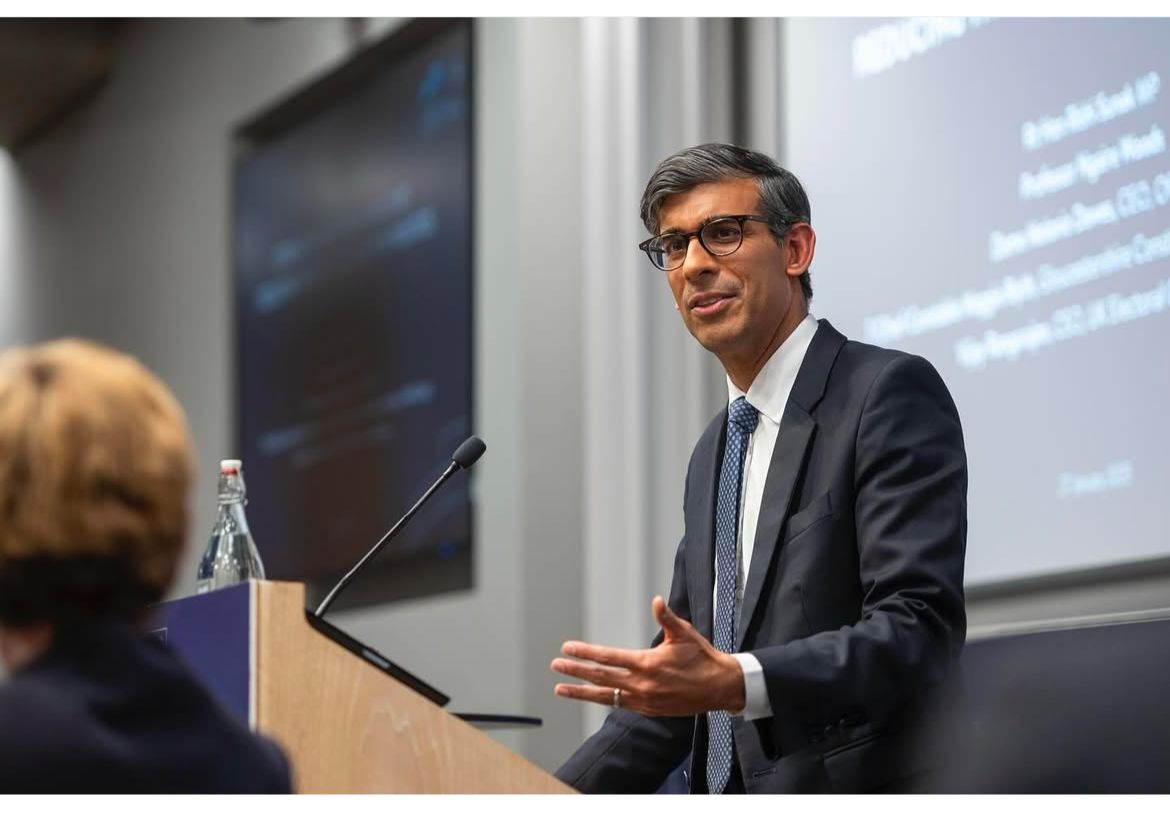

.jpg)
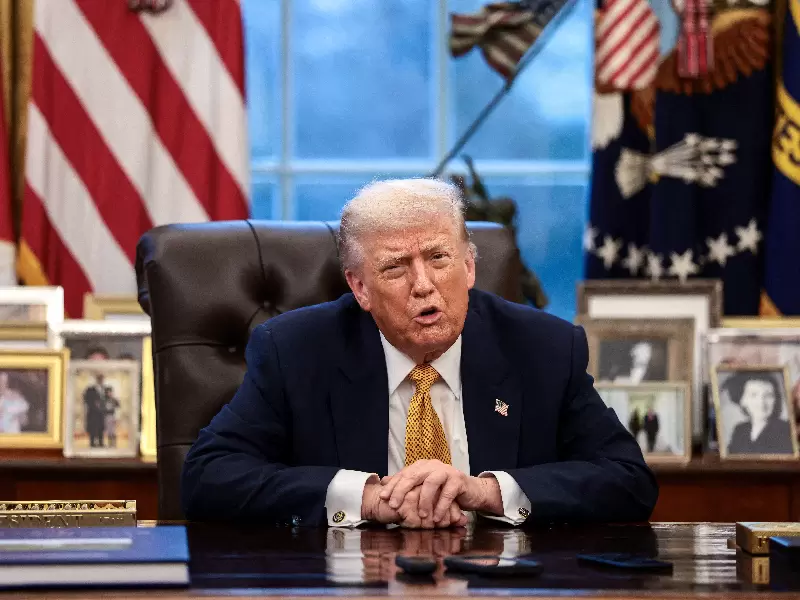

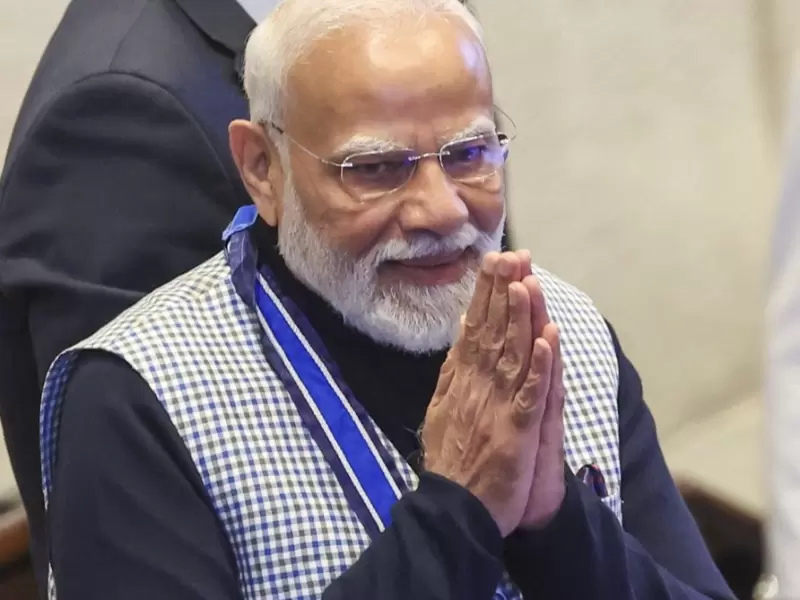

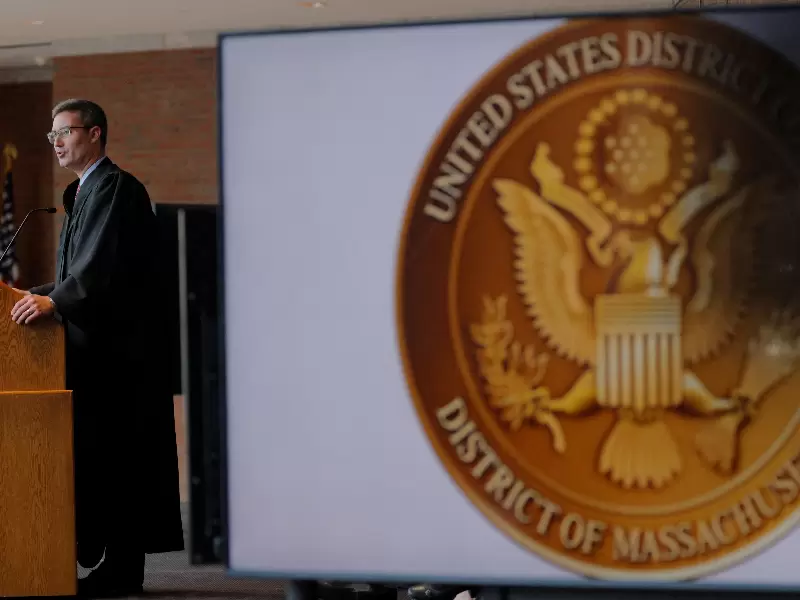

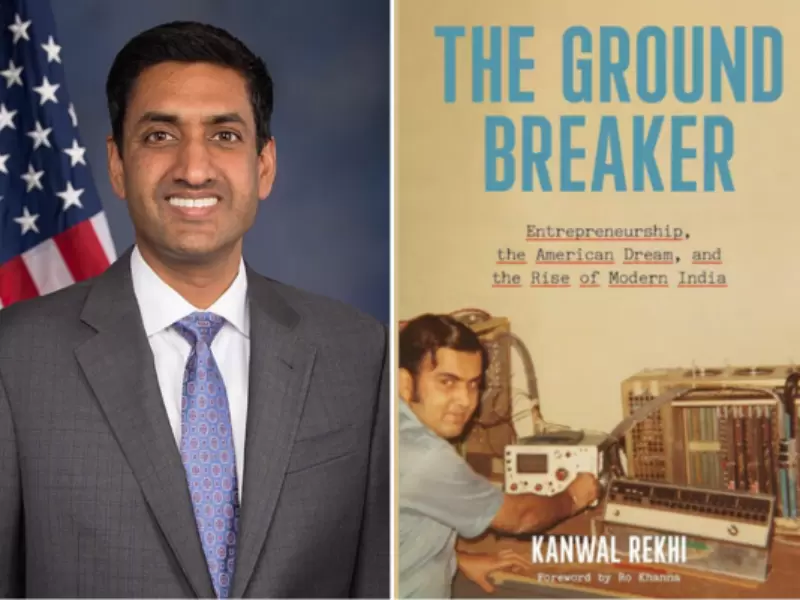



Comments
Start the conversation
Become a member of New India Abroad to start commenting.
Sign Up Now
Already have an account? Login